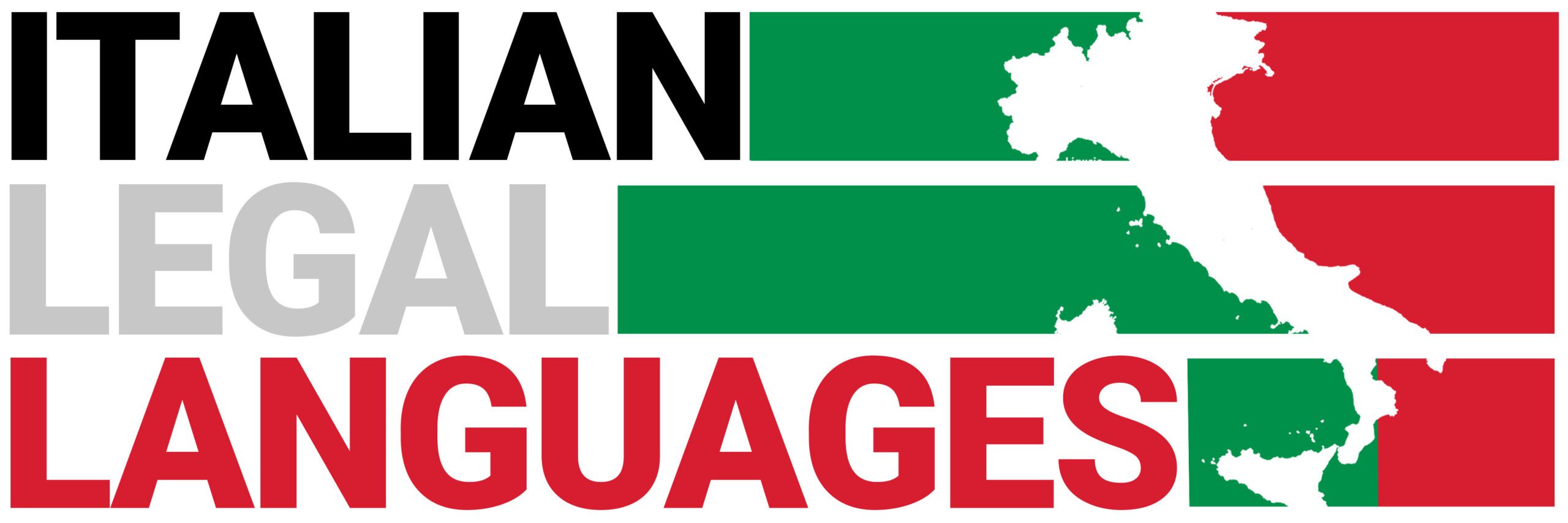This memorandum is intended to provide information regarding the acquisition of real property in Italy. It is important to note that the Italian legal system, in consideration of its particular historical background, attributes to a notary (Notaio) a predominant role in drafting the purchase agreement of land or buildings.
Buying Property In Italy – What’s Different?
The Preliminary Contract
A preliminary contract (contratto preliminare) is the document whereby the parties agree in writing to enter into a future final real property purchase agreement. Before signing the contract, it is advisable that the buyer obtains the following documents from the seller:
- a property deed (atto di proprietà).
- cadastral, or land registry, documents (scheda identificativa catastale);
- a report which indicates the size and dimensions of the real property;
- copy of lease and loan contracts, if any;
- agreements entered into with the local municipality such as administrative petitions, permits, licenses, certifications, if any.
The Security Deposit
The security deposit (caparra confirmatoria) is a down-payment of the purchase price, made by the buyer upon the signing of the preliminary contract. It is intended to bind both parties to enter into the final agreement. If the buyer refuses to enter into the final agreement, the deposit will be forfeited, whereas if the seller refuses he is obliged to pay double the amount deposited by the buyer. The seller always demands payment of a security deposit.
Final Purchase Deed
The last step in acquiring property is the signing of a final agreement (rogito). The deed is the legal instrument by which the property is legally transferred from the seller to the buyer. The deed will be drafted by a notary. Upon signing the deed the buyer shall present a personal identification document and his fiscal code (codice fiscale). Foreigners that are not domiciled in Italy can request an Italian fiscal code.
It is customary that the buyer is granted the right to choose the Notary that will notarize the deed. The notary has the obligation of controlling (in the local property register and cadastral offices), prior to the signature of the deed, if the property is transferred to the buyer in the same legal status declared by the seller in the preliminary contract (free of mortgages, encumbrances, etc.). If nothing has been declared in the preliminary contract, the notary public has the professional obligation of making the buyer aware of any existing mortgages or encumbrances, etc.







 选择居留签证仅适用于在原籍国拥有丰富资产和储蓄的个 人。 此种签证适用于那些想在意大利生活而没有任何雇傭合 约的外国人。因此,持这种签证在意大利是不能工作的。
选择居留签证仅适用于在原籍国拥有丰富资产和储蓄的个 人。 此种签证适用于那些想在意大利生活而没有任何雇傭合 约的外国人。因此,持这种签证在意大利是不能工作的。